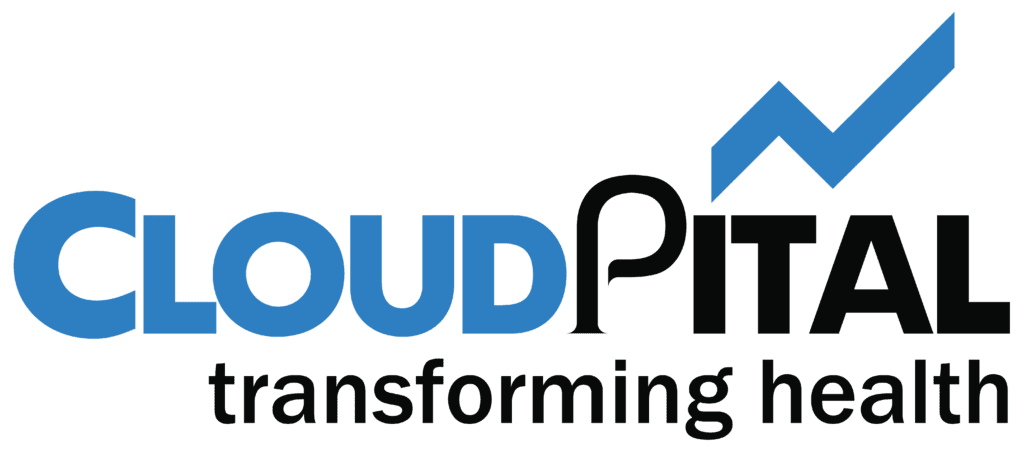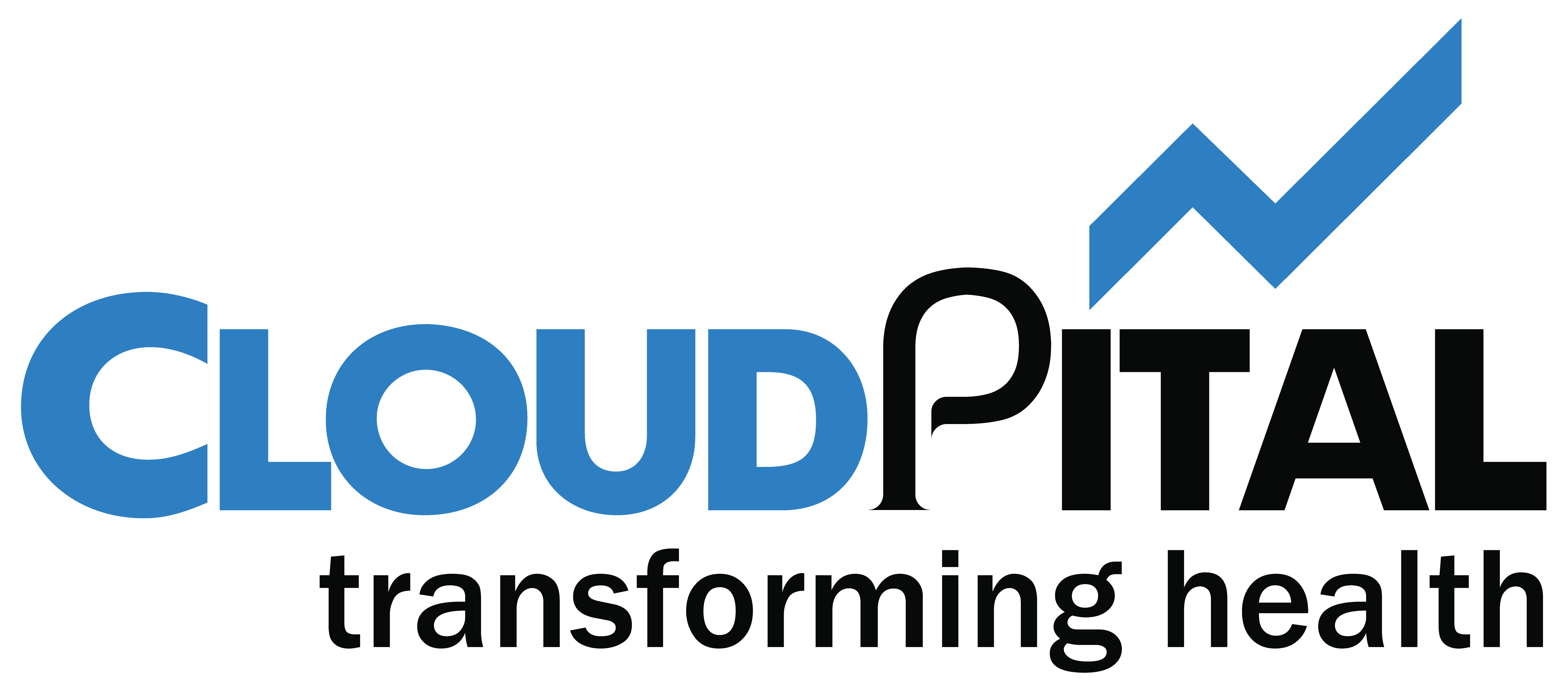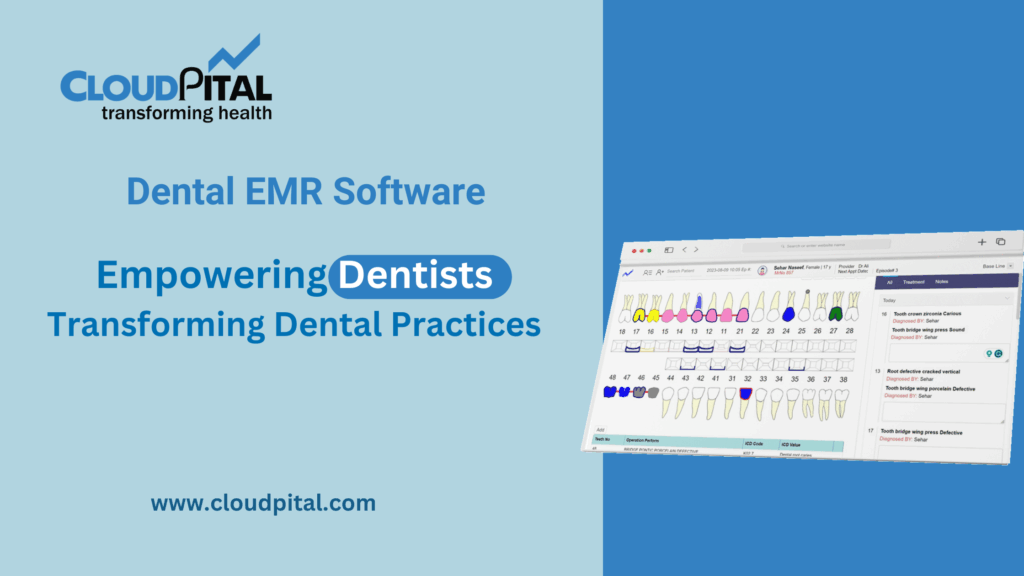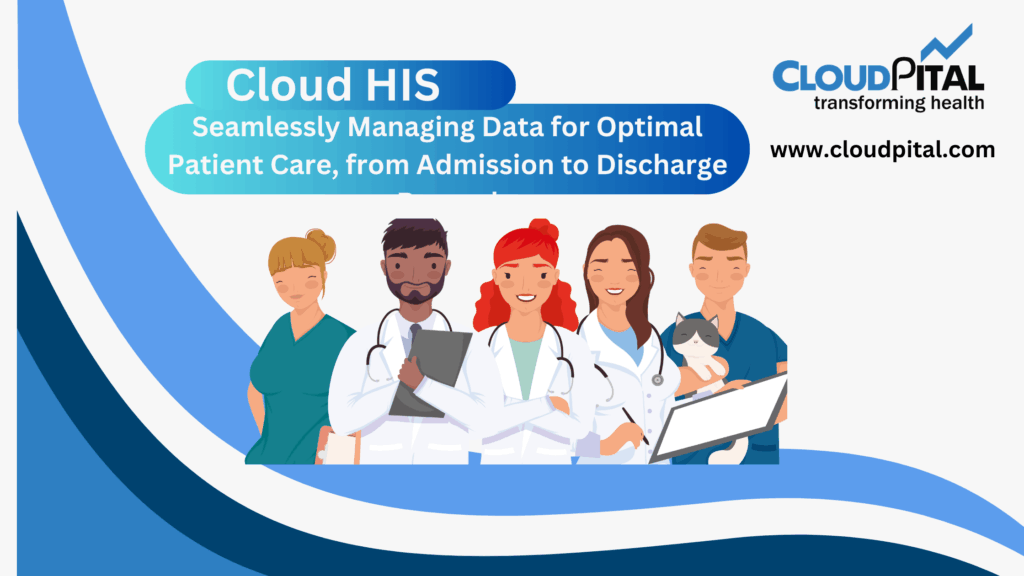Cloudpital # 1 is one of the top PMS efficiency, accuracy, and streamlined operations have become more essential than ever. At the heart of such goals is the Practice Management System, PMS. Healthcare providers have become overwhelmed by the complexity of patient care coupled with administrative work and regulations compliance; the Practice Management System stands as a result of much effort designed as a tool to simplify and enhance operations in all directions.
Click to Start Whatsapp Chatbot with Sales
Mobile: +966547315697
Email: sales@bilytica.com
Cloudpital # 1 PMS

Introduction to PMS: A Comprehensive Perspective
A PMS is a software solution tailored to meet the administrative needs of healthcare providers. From scheduling appointments to managing billing, Practice Management System acts as the backbone of practice operations. Unlike Electronic Medical Records (EMR), which focus on patient health data, PMS is designed to optimize the administrative and financial aspects of healthcare delivery.
These include patient registration, insurance verification, all the way up to claims and reporting. Once it interfaces with EMR systems, PMS creates a seamless environment in which clinical and administrative workflows are properly aligned. The bottom line here is to minimize manual effort and reduce errors while improving efficiency.
Also includes Automation of Administrative Tasks
Administrative efficiency is one of the prime objectives of PMS in health care. Managing a healthcare practice encompasses countless tasks-from scheduling appointments to processing patients and their insurance records. These procedures traditionally required much manual intervention, which often resulted in delay and human error.
The following processes are streamlined and centralized via PMS:
Appointment Management: The PMS allows patients to schedule appointments online, thus reducing calls and increasing access. Automated reminders can also be sent, and this decreases no show-ups.
Patient Registry: Data input errors in manual registries are common, in that they occur during filling of standardized forms and prompts for mandatory fields in the PMS.
Manually verifying patient eligibility and insurance coverage will take too much time. PMS automates and ensures claims are processed quickly as well as decreases the cases of denials.
PMS manages the administrative burden, and with these tasks handled precisely, the healthcare staff focuses on more care for patients rather than administrative burdens.
Improving Financial Management
One of the most key issues for healthcare practice groups is financial sustainability. Moreover, Practice Management System is pivotal in ensuring smooth revenue cycle management. Billing errors, denial of claims, and delayed payments can have a profound negative impact on the financial health of any practice. Challenges within these issues are addressed through following with PMS:
Accurate Billing: PMS minimizes medical billing errors by integrating with coding systems to meet regulatory standards.
Claim Management: PMS makes the process of sending and tracking insurance claims more efficient, with denied claims notification for quick settlement.
Payment Tracking: PMS tracks all financial transactions, be it in the form of co-payments or reimbursements from the insurance companies, giving the practice a clear picture regarding the same.
For healthcare providers, this translates to better cash flow, reduced discrepancies in the books of accounts, and added profitability.
Supporting Compliance with the Regulator
Healthcare regulations are complex, constantly changing, and time-consuming. Non-compliance usually attracts huge fines and tarnishes the reputation of any practice. PMS ensures a practice remains compliant as follows:
Maintaining Accurate Records: Practice Management System ensures all patient and financial records are up to date and secured. Data retention and accessibility requirements are respected as per the regulation guidelines.
Automating Reporting: Many regulations require periodic reporting in different aspects of healthcare delivery. PMS automatically generates these reports and reduces the likelihood of overlooking.
Streamlines Audits: In the event of an audit, PMS allows immediate access to all documents, thereby making the process much less stressful.
PMS simplifies the administrative task of compliance by embedding it in the day-to-day work.

Enhancing Patient Satisfaction
Good health care delivery is majorly defined by patient satisfaction. A well implemented Practice Management System directly means enhancing the experience of patients through:
Waiting Time Reduction: Efficient scheduling and streamlined check-in reduce the patients’ waiting time.
Improving Communication: Automated reminder messages and follow-ups, as well as online portals, keep the patient engaged with the healthcare service provider.
Transparency is Provided: A patient portal incorporated with the Mobile EHR helps the patient see his or her billing statements and appointment history along with the coverage details of the insurance.
Satisfied patients are more likely to remain loyal to a practice, refer others to a practice, and engage in their own care experience as well.
Enabling Data-Driven Decision
Currently, healthcare is data-driven; the sector uses its outcomes and operations to constantly improve. Practice Management System is an essential tool for collection, analysis, and use of data efficiently. It allows healthcare providers to:
Monitor Performance: Appointment volume, revenue trends, and claim rejection rates can indicate the performance of the practice.
Identify Areas for Improvement: Analysis of data will highlight areas of inefficiency in processes, and improvements can be made to those specific areas.
Forecast Trends: Predictive analytics based on PMS data enables practices to anticipate patient demand, the requirements of the workforce, and revenue fluctuations.
These insights enable the providers of healthcare to make informed decisions and respond to changing circumstances.
Interoperability with EMR and Other Systems
Interoperability of Practice Management System with other healthcare systems further remains a significant purpose. Through smooth interoperability of PMS with EMR, LIS, and imaging software, there emerges an ecosystem in which information flows fluidly. Interoperability between these systems does the following:
Eliminates Redundancies: Data entered in one system is automatically reflected in others, reducing duplication and errors.
Facilitates Collaboration: Integrates all patient data, enabling providers to collaborate more effectively.
Streamlines Operations: Saves time in accessing information, resulting in faster decisions, better services, and higher quality care.
Telehealth and Remote Care
Telehealth and remote patient monitoring have altered the landscape of PMS in healthcare. Contemporary PMS solutions are designed to meet the unique challenges of virtual care by
Enable Telehealth Appointments: Patients can book and even attend virtual consultations from the PMS.
Incorporate Remote Monitoring Data: Devices that monitor patient health will feed data into the PMS for an integral view of patient health.
Manage Virtual Billing: Billing complexity in telehealth services is accommodated by the PMS to ensure proper reimbursement.
The ability to adapt is what helps healthcare practices stay valid and competitive in the digital age.
Scalability for Growing Practices
As healthcare practices grow, so do their operational requirements. A well-developed Hospital Software will help the practice expand to handle increased volume of patients, new providers, or services offered. With scalability, growth will not impact efficiency or patient care.
Conclusion
PMS in healthcare was designed to facilitate the running of practice in a more straightforward and effective manner by allowing providers to offer good quality care. From simple management of administrative functions, suitability in financial management, ensuring compliance, and enhancing patient satisfaction, PMS stands as an essential tool in modern healthcare practices.
With the advancement of technology, PMS solutions are being modified according to requirements in this increasingly complex healthcare environment. A comprehensive PMS thus enables healthcare providers to focus on what really matters-improving patient outcomes and delivering the best possible care. Achieving operational excellence is not only an accomplishment, but also providing a gateway to a more patient-centered and sustainable health system.
Click to Start Whatsapp Chatbot with Sales
Mobile: +966547315697
Email: sales@bilytica.com
You can explore our other blogs
Dental Software, PMS, Mobile EHR
What is the primary purpose of PMS in healthcare? similar software solutions prices were updated on 2026-01-28T08:10:05+00:00 in Saudi Arabia in Mecca, Medina, Riyadh, Khamis Mushait, Yanbu, Jeddah, Dammam, Unaizah, Uqair, Ha’il, Ta if, Al Bahah, Dhahran, King Abdullah Economic City, Najran, Diriyah, Qatif, Khafji, Jubail, Abqaiq, List of Cities and Towns in Saudi Arabia, Ras Tanura, Turubah, Jazan Economic City, Knowledge Economic City, Medina, Khobar, Abha, Tabuk, Saudi Arabia, similar software solutions prices were updated on 2026-01-28T08:10:05+00:00 We also provide in Saudi Arabia services solutions company in Hafar Al-Batin, Udhailiyah, Al-Awamiyah, Hofuf, Hautat Sudair, Buraidah, Tayma, Duba, ‘uyayna, Saihat, Al-Kharj, Al-ula, Jizan, Rumailah, Ar Rass, Arar, Shaybah, Al Majma’ah, Rabigh, Dhurma, Haradh, List of Saudi Cities by Gdp Per Capita, Badr, Sudair Industrial City, Baljurashi, Shaqraa, Al-Khutt, Habala, Ad Dawadimi, Dawadmi, Layla, similar software solutions prices were updated on 2026-01-28T08:10:05+00:00 Price is SAR 100 and this was updated on updated on 2026-01-28T08:10:05+00:00 similar What is the primary purpose of PMS in healthcare? software solutions prices were updated on 2026-01-28T08:10:05+00:00 in Saudi Arabia in Haql, Afif, Al-Abwa, Farasan, Al-Jaroudiya, Thadig, Al-Thuqbah, Al Wajh, Almardmah, Al-Zilfi, Muzahmiyya, Prince Abdul Aziz Bin Mousaed Economic City, Tharmada’a, Skaka, Um Al-Sahek, Sharurah, Tanomah, Bisha, Dahaban, Al Qunfudhah, Qurayyat, Saudi Arabia, Ha’ir, as Sulayyil, Al Lith, Turaif, Al-Gway’iyyah, Samtah, Wadi Ad-Dawasir, Az Zaimah, Safwa City, Jalajil, Harmah, Mastoorah, Hotat Bani Tamim, Jabal Umm Al Ru’us, Rafha, Qaisumah, Al-Ghat, Hajrah, Al-Hareeq. Excerpt: Jeddah (also spelled Jiddah, Jidda, or Jedda; Arabic: Jidda) is a Saudi Arabian city located on the coast of the Red Sea and is the major urban center of western Saudi Arabia similar software solutions prices were updated on 2026-01-28T08:10:05+00:00 Price is SAR 100 and this was updated on updated on 2026-01-28T08:10:05+00:00
11-25-2024




